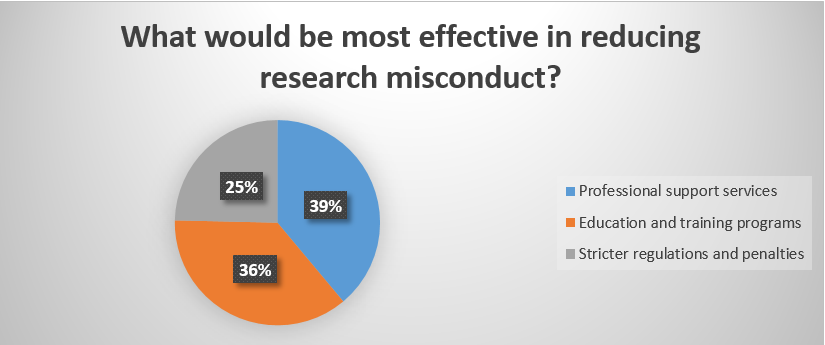10 Tips to Prevent Research Papers From Being Retracted

Research paper retractions represent a critical event in the scientific community. When a published article is retracted, it is effectively withdrawn from circulation, both online and in print. The consequences of retraction extend beyond mere academic discourse, leading to reputation damage, financial losses, and much more.
Researchers, journals, and associated institutions suffer reputational harm. A retracted paper reflects negatively on the authors’ credibility and the journal’s editorial process. Trust in the scientific process can erode, affecting collaboration and future research endeavors. Retractions also have financial implications. Funding agencies invest substantial resources in research projects, and a retraction undermines the value of their support. High-impact journals face greater financial repercussions due to their wider readership and influence.
Factors Causing Paper Retraction
Many factors are responsible for retractions, including honest errors and misconducts viz. intentional misconduct and unintentional misconduct. The journal editors have the authority to retract the research paper if they suspect any manipulations in the results, data, or images. Plagiarism and unethical research practices can also lead to dismissal.
In a recent study conducted, the profile of scientific retractions from highly ranked Global Universities was studied. Retraction watch data revealed Stanford accounted for 53 retractions from the fields of life sciences and health sciences. The unreliability of the results was the major reason for these retractions. Whereas, errors in results and conclusion were the reasons for retraction of 51 research papers from another renowned university. Reasons for retracted articles in the field of emergency medicine include concerns related to data, authorship issues, plagiarism, duplication, and biased or fraudulent peer review. Retractions are caused by intentional as well as unintentional errors. Unintentional errors include typographical and analytical errors. Analytical errors cover incorrect data, insufficient analysis and mistakes in statistical coding. Analytical errors can be either due to intentional error or unintentional errors. Paper mills is a type of misconduct in which authorship is sold to authors who do not have any significant role in the publication. Intentional research misconduct carried out simply for expanding research’s impact can have an adverse effect on maintaining research integrity.
Effects of Retractions on Maintaining Research Integrity
Retracted research papers have flaws related to research practices or their creation. These articles are not reliable sources of information for future research. Reporting research misconduct is crucial for maintaining the integrity of scientific literature. A recent case of research retraction due to misconduct included the retraction of stem cell research papers from Nature due to image manipulation. A research paper on the reduction in COVID-19 severity based on vitamin D was retracted because the study design failed to support the conclusion. Studies with data manipulations showcasing excellent results pose a significant threat to research authenticity. So, to understand the best way to cope with this situation, Enago Academy conducted a poll in June 2024.

Poll results for reducing research misconduct
Poll attendees were given 3 options: implementation of stricter regulations and penalties, Imparting education and training programs and professional support services. Poll results demonstrated that 39% favored professional support services, 36% selected education and training programs, and 25% supported Implementation of stricter regulations and penalties. This study indicates that the scientific community thinks that professional support services have the potential to reduce misconduct, promoting research integrity.
10 Tips to Prevent Research Retraction:
- Adhere to relevant ethical guidelines for maintaining research integrity.
- Conduct a meticulous literature review to ensure originality.
- Incorporate clear and exact data observations into the research paper.
- Avoid plagiarism by using AI plagiarism detection tools and create original content.
- Mention the study limitations clearly.
- Ensure methods and methodologies should ensure reproducible results.
- Choose reputable journals with trust-worthy peer review processes.
- Perform regular pre-submission reviews and article audits.
- Use accurate data collection protocols with an appropriate sample size.
- Cite authentic research papers and give credit to other authors’ work.
Research paper retraction is a serious issue, but it can be largely prevented through vigilance and integrity. By firmly avoiding scientific misconduct in all its forms—particularly falsification, fabrication, and plagiarism—authors can safeguard their work and reputation. Moreover, fostering a culture of accountability where researchers feel empowered to report misconduct is crucial. By following the tips outlined in this article and committing to ethical research practices, researchers can remarkably reduce the risk of retraction and contribute to reliable and impactful science.









